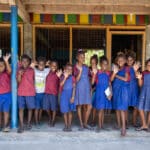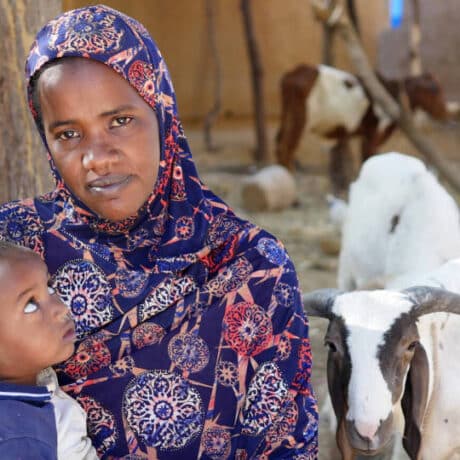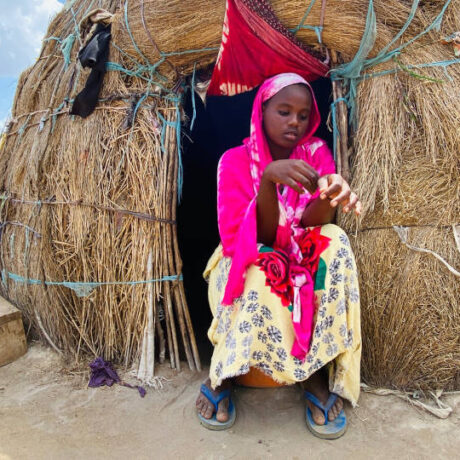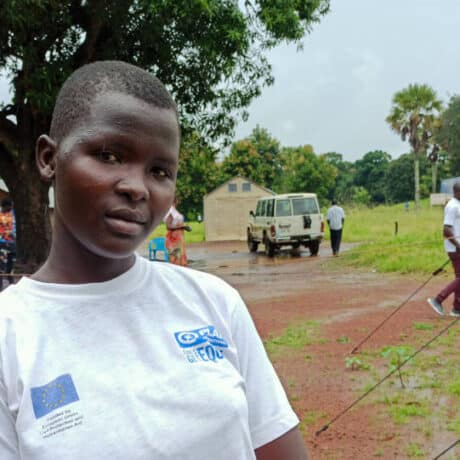News and Stories - Education - 11 November 2021
Dreams after displacement
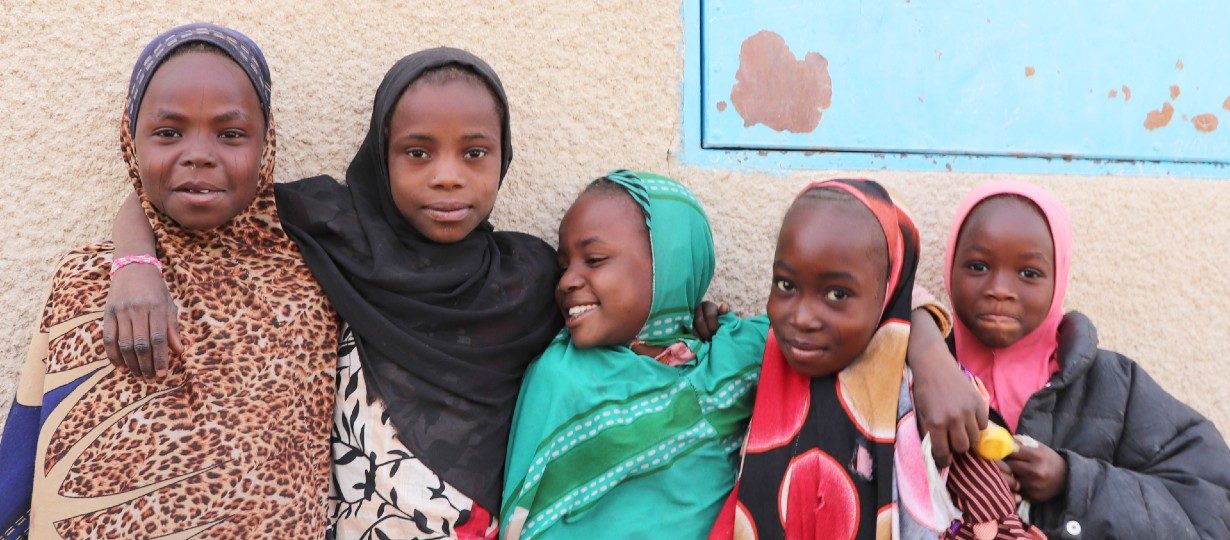
When disaster strikes, finishing school can become a distant dream for young people – especially girls.
It is estimated that by 2030, one in five girls in crisis-affected countries will not be able to read a simple sentence.
There are many reasons a girl and her family may be driven from their home. But more often than not it’s because of a crisis. No one wants to leave the life they know. But conflict, food shortages, poverty, persecution and violence force people to make an impossible choice.
Displacement exacerbates the inequalities already faced by women and girls, increasing the risk of deprivation, insecurity, abuse, neglect and a general deterioration of their wellbeing. Their sex and age also often prevents them from making their voices heard or participating in decisions on matters that affect them. A girl who has been displaced is far more likely to face physical and sexual violence, early pregnancy and child trafficking or child marriage.
Displaced women and girls require tailored support and protection to ensure their safety and ability to exercise their rights. They experience displacement differently from men and boys, and face specific challenges that must be better understood to provide them with the support they need.
In these circumstances, education is a lifeline. It is the key to creating lasting change across generations of families and communities. An educated girl is less likely to marry and have children early, which results in fewer maternal and infant deaths. Education also improves her future employment opportunities, which can help lift families out of poverty and improve the country’s economy. An educated girl can change the world.
That’s why we’re raising funds to help girls rebuild their lives after a crisis. Together we can help restore hope for girls fleeing the most unstable environments.
Making education a priority in Boko Haram ravaged Niger
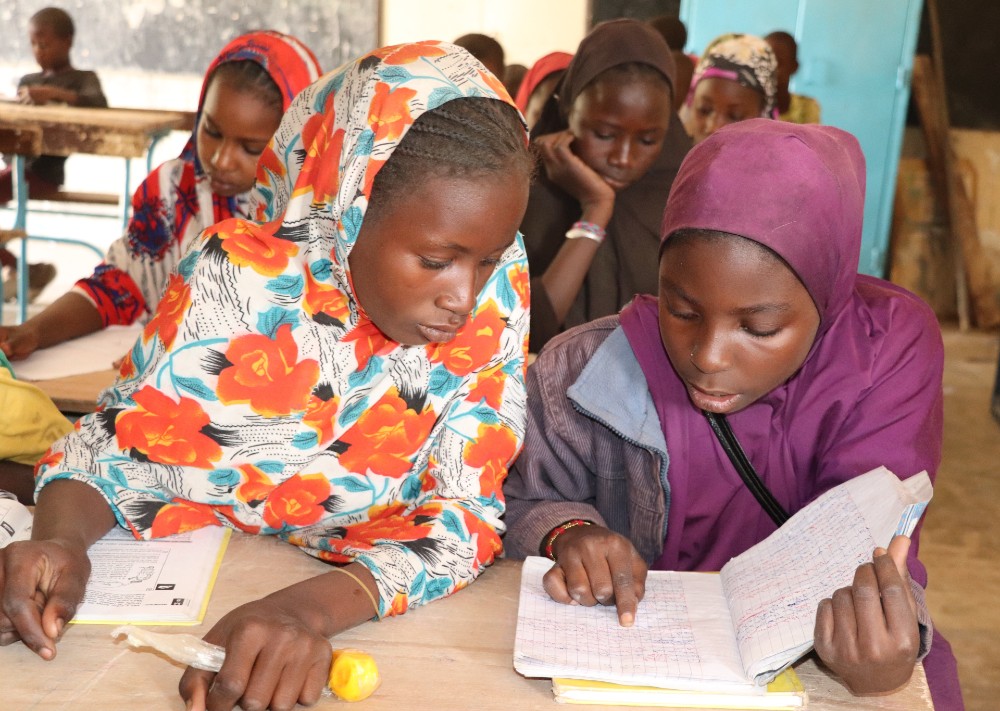
In recent years, attacks by Boko Haram insurgents in Niger’s Diffa Region, caused the displacement of more than 240,000 people, mainly women and children who were forced to flee their homes under the constant threat of deadly attacks and suicide bombings.
During the height of these atrocities, hundreds of schools were abandoned leaving tens of thousands of children out of education. 28 primary schools are still closed due to ongoing security issues, with more than 2,000 students still not able to go to school.
“During the attacks, it was horrible,” shares Headmaster, Gremah Boukar. “Diffa city was emptied of its population and our school was deserted without teachers and pupils because we are opposite Yobe River which was used by the militants. Schools were set on fire by insurgents.”
The school closures were necessary to protect pupils as schools are considered to be legitimate targets by the Boko Haram. The shock of the conflict has had a lasting effect on the population and thousands of children are still living with the psychological after-effects.
Since then, calm has returned to the region with schools slowly starting to open again, but with people struggling to get their lives back on track, education is not seen as a priority.
Plan International Niger has implemented a targeted education in emergencies response program, working with 31 primary schools to rebuild and construct new classrooms, school latrines and boreholes benefitting 7,718 students. Our colleagues in Niger have also provided training to hundreds of teachers bringing them up-to-date with new teaching methods that will enable them to provide better quality education.
According to Maazou Mariama Kanta, a teacher at a primary school in Diffa: “Our school enjoys good support. We received two new classrooms, two separate latrine blocks for girls and boys, teacher guides, school supplies and textbooks. This supports the student’s emotional development and increases children’s school attendance.”
You can give girls the support they need to continue learning, even in a crisis. Donate now.
Learn more about our work to support girls’ education.


